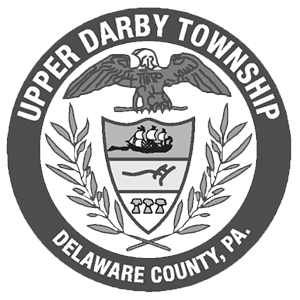Propane Safety
Sniff Test
A smell like rotten eggs or skunk spray indicates you have a propane leak.
Yellow or Irregular Flames
Propane should always burn with a blue flame in your appliances. Yellow or irregular flames indicate that the propane isn’t burning correctly, which could signify that carbon monoxide is being released.
Soot Buildup
Propane burns clean, so there should be no soot in or around your appliances. If there is, it’s an indication that the propane isn’t burning correctly, which can result in carbon monoxide release.
/Propane Safety/propane-safety.png)
Here are some general guidelines on what NOT to do to make sure you're using your propane safely!
NEVER use outdoor propane appliances (including portable heaters, grills, and generators) indoors or in enclosed areas. This could result in carbon monoxide poisoning, extreme danger, or even death. Only use appliances that are designed and approved for indoor use.
NEVER store or place a propane cylinder indoors or in an enclosed area such as a basement, garage, shed, or tent. It is illegal and highly unsafe to store propane tanks indoors.
NEVER try to modify or repair valves, regulators, or other appliance parts.
NEVER store combustible materials near appliances.
ONLY inspect your propane appliances for water or other damage if it is safe to do so. If the appliances have electric components exposed to water, they can create a fire hazard.
/Propane Safety/smell-rotten.jpg)
What to do If you smell gas.
- Immediately extinguish all smoking materials and open flames
- Get everyone out of the area where you suspect the gas is leaking
- Turn off the gas supply valve of your propane tank if it is safe to do so
- Once away from the leak, contact your propane supplier. If you can’t reach them, call 911
- Do not return to the area until your propane retailer, emergency responder, or qualified service technician determines it is safe to do so
- Get your system checked. Before you attempt to use any of your propane appliances, your propane retailer or a qualified service technician must check your entire system to ensure that it is leak-free.
/Propane Safety/propane detector.jpg)
Consider installing propane gas detectors.
In some circumstances, you may not smell a propane leak. Propane gas detectors are designed to sound an alarm if they sense the presence of propane. Their operation does not depend on the concentration of odorant in the air, just the propane concentration at the detector. We recommend that you consider installing one or more propane gas detectors. This is important if you or others in your home have difficulty smelling propane, or if appliances are in little-used areas in your home where the smell of propane might not be detected. Detectors can provide an additional measure of security. Propane detector quality is important, so be sure the units you buy are listed by Underwriters Laboratories (UL). To be sure propane gas detectors operate properly, install and maintain them as the manufacturer recommends. Even if you install gas detectors, have a qualified service technician inspect your propane system and propane appliances periodically. You may also consider a carbon monoxide alarm to be extra safe.

/Propane Safety/home-propane-safety.jpg)
